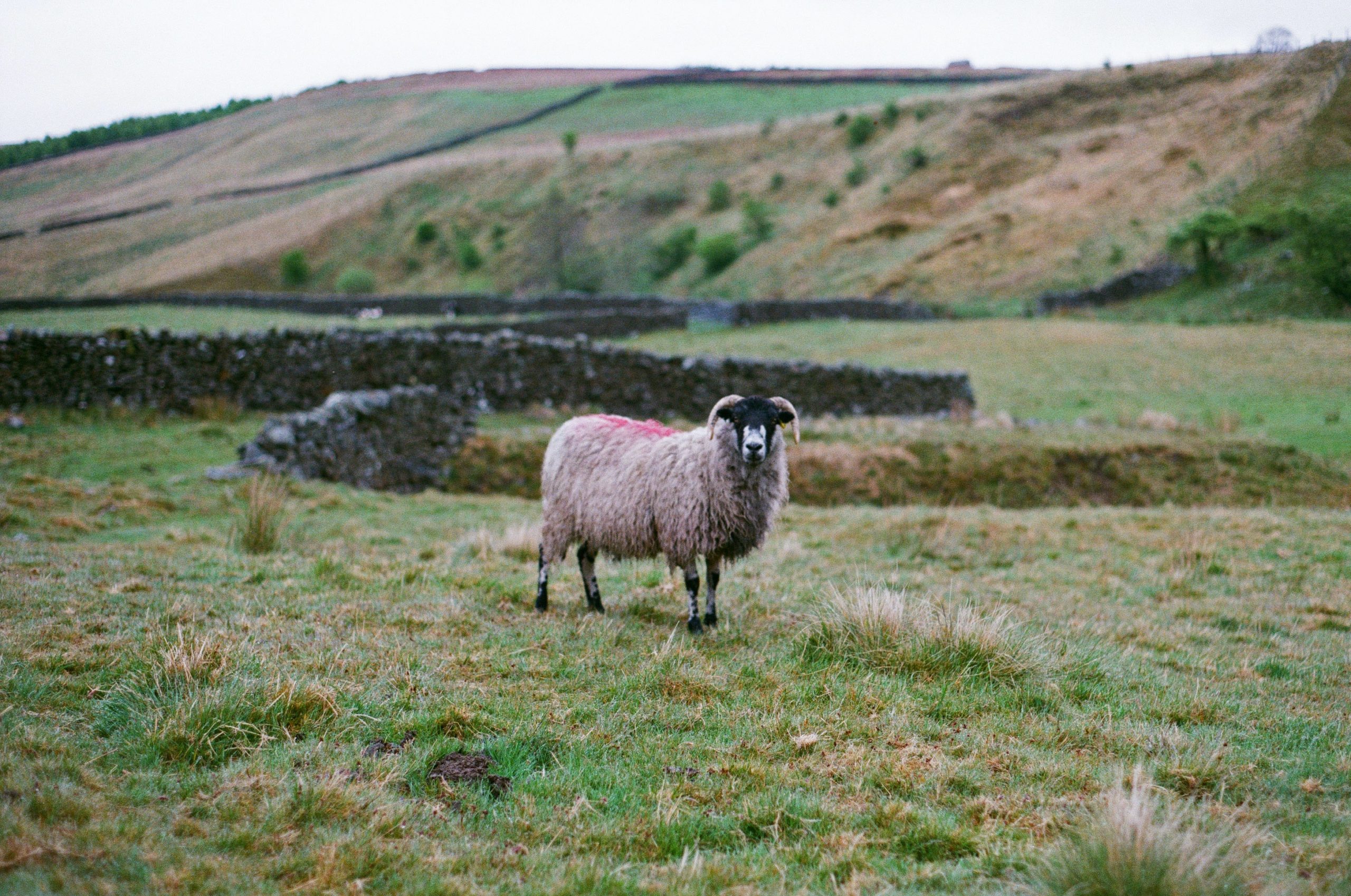
Upland perspectives: can farmers, conservationists and researchers work in partnership to grow carbon efficient, bio-diverse and food productive farming in the North
Hosted by Rachel Marshall, Lancaster University, with farmers and researchers.
This workshop explored the perspectives of farmers, conservation advisors and researchers working in the Northern English uplands and identify ways of working in partnership to realise the sustainable food production potential of agriculture in the region, alongside public goods. If participants were to visit someone’s farm or project, they’d all most likely come away with a different story of it, depending on their expertise and perspective. Despite often using different language and having different connections to- and roles within- the landscape there is potentially much to be learnt and appreciated through sharing stories, knowledge and expertise between these different communities.
Farming is about to undergo a huge change in its funding structure with the move away from Basic Payments to a subsidy system based on public money for public goods. There are many debates about whether this approach will deliver the environmental and health benefits it purports. However, it does present an opportunity for knowledge from the farming, conservation and research community to be integrated to build a collaborative community around agro-ecological practices relevant to this region.
This workshop was an opportunity to share perspectives on what carbon efficient, biodiverse and food productive farming could look like in the Northern uplands. It sought to identify opportunities for peer-to-peer learning and for collaborations between different communities of practice. As a workshop group we identified potential gaps in the knowledge and support networks and explore models of future collaboration which could help fill these gaps.
Speakers/hosts:
Rachel Marshall works with researchers, communities and practitioners from across the the food system to create opportunities for knowledge sharing, collaboration and co-design of research. Her interest lies in how we can collectively create more resilient and regenerative food systems; from the agricultural approaches used to produce food through to how we create a fairer society where healthy and environmental food is accessible and valued. She is part of FoodFutures (North Lancashire’s Sustainable Food Network) and works regularly at Claver Hill, a community growing project based in Lancaster.
Kate Gascoyne works for The Farmer Network, an independent organisation that is run by farmers for farmers in Cumbria and the Yorkshire Dales. They provide help and support to farmers where it is often most needed giving them strong connections to all farming communities. Kate organises events and farmer group meetings and co-ordinates the Business Support for Young People project, along with a number of other farmer led projects. She is keen to develop new farmer-led projects to build on what has already been learned.
Nic Renison was born on the family dairy farm in Shropshire. It wasn’t until 2014 moving with her husband Paul to their own farm with a huge mortgage that the regenerative bug started to gain traction. Firstly, they lowered all inputs as they couldn’t afford them! Then they got to grips with rotational grazing and reinstating hedges for shelter against the helm wind. Sheep numbers have been reduced, whilst cow numbers are rising, alongside pastured pigs and poultry. Alongside the farm Nic works for AHDB, and is also part of the ‘Carbon Calling Conference ‘ team which is due to take place in Cumbria next June.
Lisa Norton is part of the Land Use Group at CEH where she has worked as a plant/landscape ecologist for 20 years. Her research focuses on monitoring and management of natural capital for ecosystem service (ES) delivery and she works closely with social and economic scientists and stakeholders in interdisciplinary approaches towards sustainable environmental management of farmland. She is PI on a Global Food Security funded project; Sustainable economic and ecological grazing systems – Learning from innovative practitioners, and is currently working on a range of other projects including SARIC Sheep on Arable, Defra Clean Growth, the ELM’s Test and Trials evaluation and with an Innovative Farmers Group investigating how to maintain diverse swards on permanent grassland in Cumbria.
You can read the session outcomes here.
